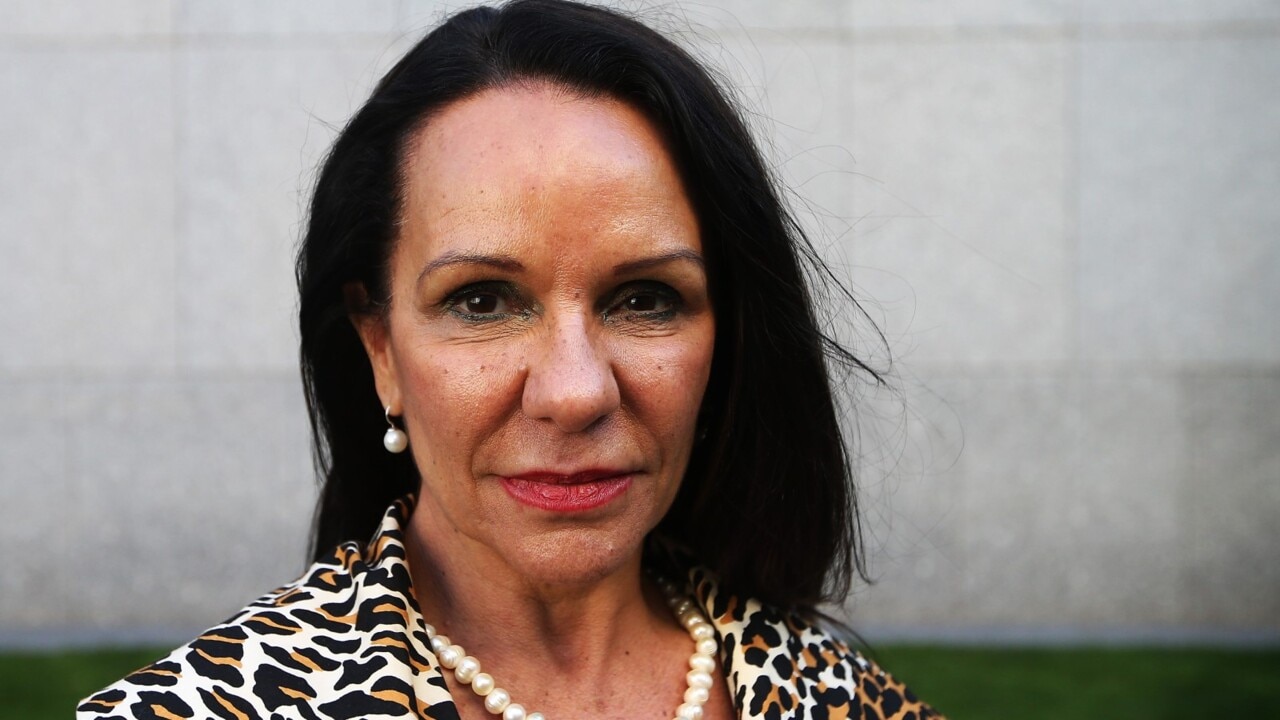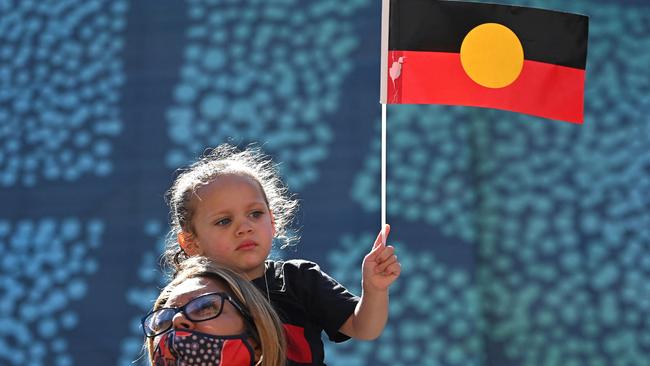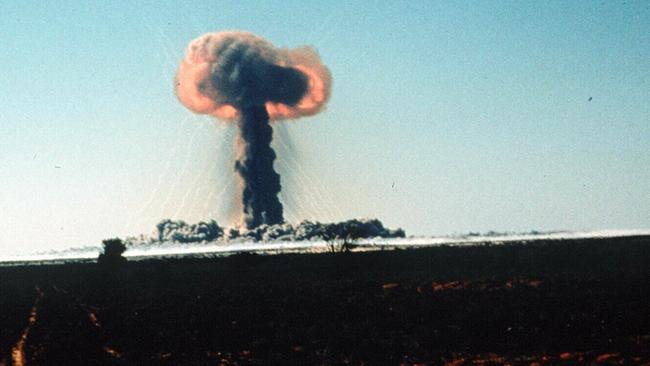Truth telling about our history is critical. Without it, we cannot move ahead | Douglas Smith
Australia needs to hear the truth about the history of this country, and how its First Nations people were treated, writes Douglas Smith.

Opinion
Don't miss out on the headlines from Opinion. Followed categories will be added to My News.
Truth-telling has been something this country has struggled with since colonisation and even before.
The lie of terra nullius set the foundation of how Australia is today and it is central to understanding contemporary relations between First Nations people and non-Indigenous Australians.
It’s the reason why First Nations people have been fighting to live and exist in this country since 1788.
We have survived and we are still here, despite the fact that we faced many historical injustices and atrocities committed against us, including murder, rape, massacres and other genocidal acts. Because such atrocities were not taught in history lessons and instead, swept under the rug, means there has been a lingering stain on the relations between First Nations people and governments for hundreds of years, and this has only prolonged our suffering.
Not being able to speak our own truths, and instead being discouraged from doing so, has a profound impact on us not only mentally, but also culturally and spiritually.

I cannot speak for all of the First Nations, as it would be disrespectful to do so.
But I would say that allowing a thorough truth-telling process to take part, such as a Makarrata Commission, will bring about uncomfortable truths that need to be spoken about and addressed as Australia moves towards a voice to parliament.
The Yolngu concept of Makarrata captures the idea of two parties coming together after a struggle and healing the divisions of the past.
It’s also about acknowledging that something has been done wrong, and it seeks to make things right. Simply telling First Nations people to move on and get over it will always have the opposite effect because it makes us think that our opinion or experiences of injustices aren’t worthy of being acknowledged.
It puts us back in the second-class citizen category.

I am from the Mirning and Kokatha nations from across the Nullarbor and Maralinga Tjarutja lands, where the Australian and British governments detonated seven atomic bombs between 1956 and 1963 in complete secrecy, and then attempted to sweep it under the rug when it came out in public. This continues to have an impact on me and my people who still live out on the lands.
For too long, the history of this country has been told through a colonial lens, and in doing so, has covered up the fact that First Nations people suffered many injustices and atrocities for hundreds of years.
The evidence is all there, yet, has been ignored for too long.
Now there is an opportunity for all Australian governments to make peace with First Nations communities with a truth-telling process, and they should take full advantage of that.





